Latest Posts by nauticastro - Page 3









✨Stars Gods ✨ gifs made by me :)









Astronaut Space Traveller Lockscreens Edits made by me :)




— Laura Gilpin, The Hocus-Pocus of the Universe (1977)
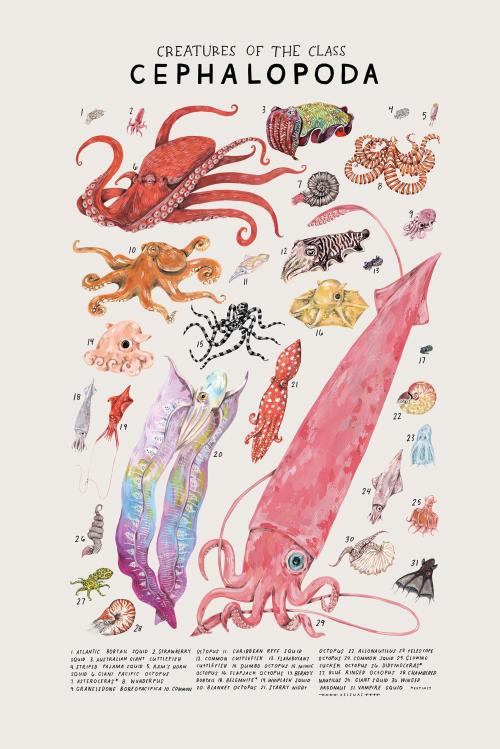
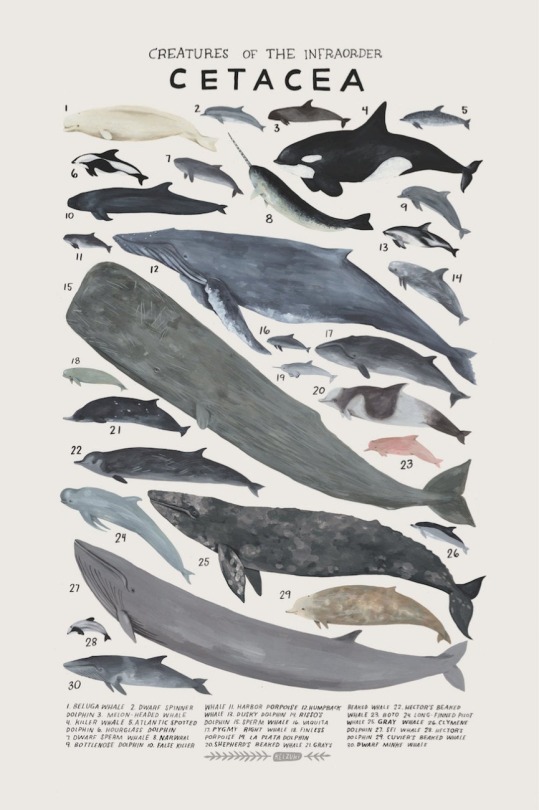
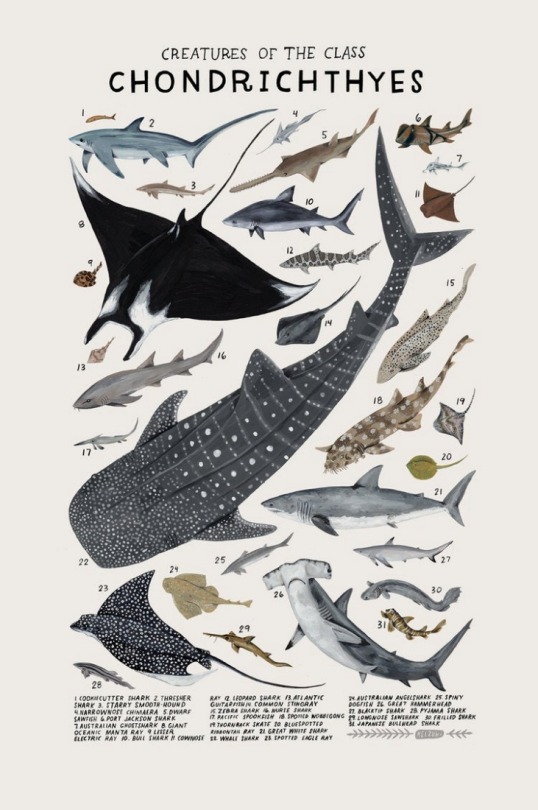
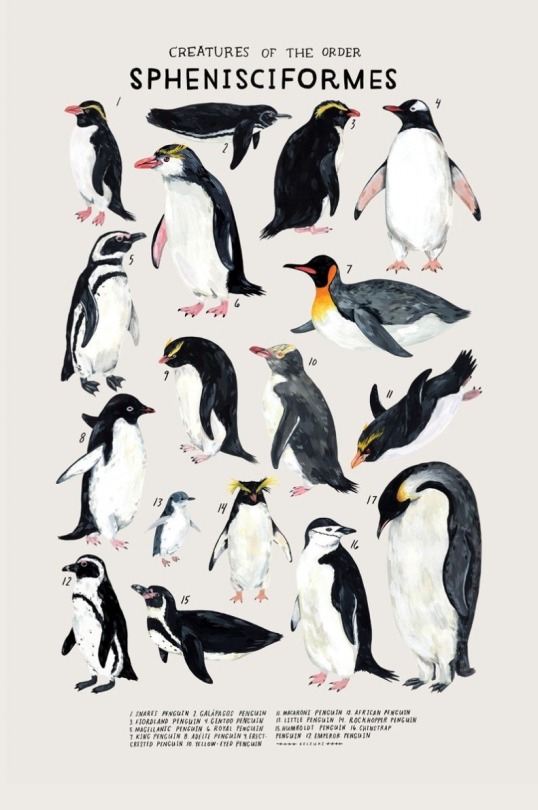
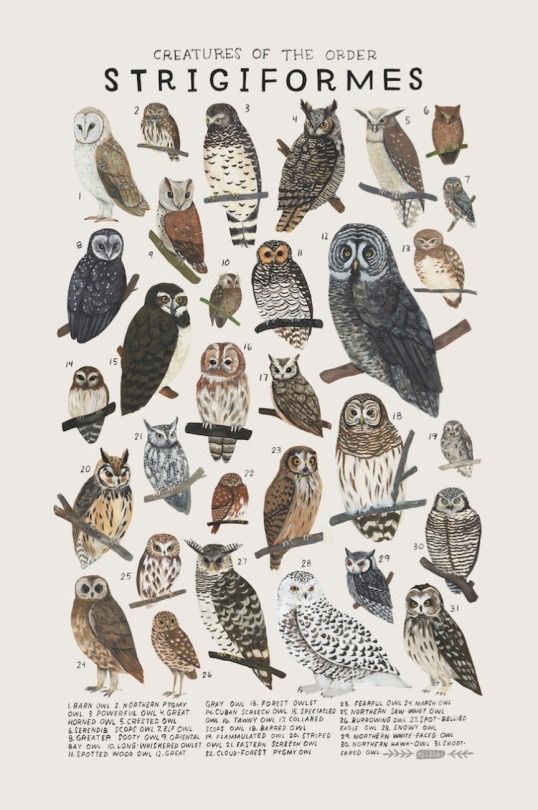




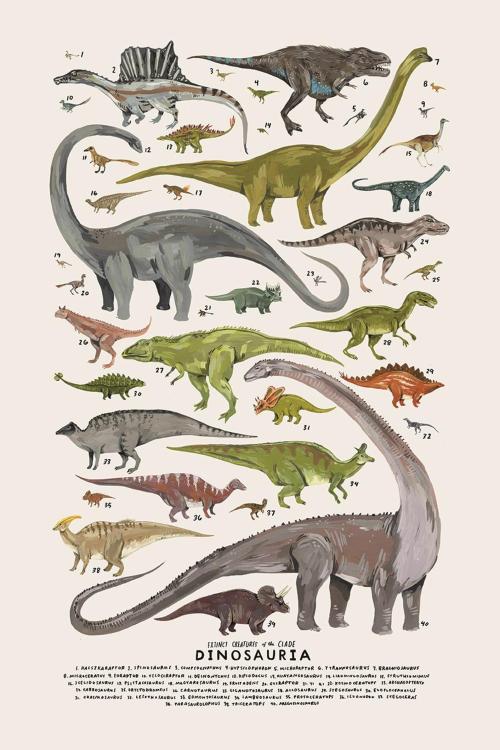
Science Posters
Kelsey Oseid on Etsy
scientists in the 1990s, putting a Get More Purple gene attached to a harmless plant virus into an already purple petunia: please get more purple
the petunia, sensing an apparent honest to god Get More Purple Disease, using the previously undiscovered RNAi antiviral ability to shut down all other purple genes along with it just in case: you put VIRUS in petunia? you infect her with the More Purple?? oh! oh! her children shall bloom white! jail for mother, jail for mother for One Thousand Years!!!!
How the media depicts the Apollo 11 mission:
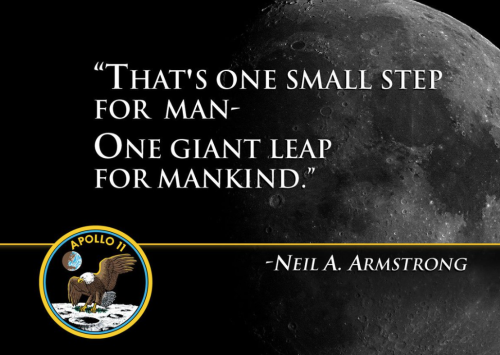
Actual quotes from the Apollo 11 mission:
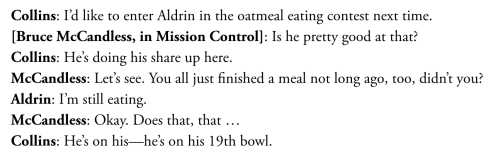


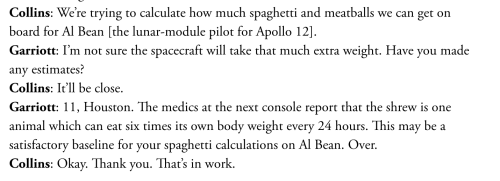
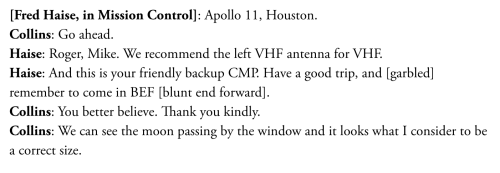
Earth’s Rotation Visualized in a Timelapse of the Milky Way Galaxy by Aryeh Nirenberg


HiPOD 20 Apr 2021: A Glorious Gully in Matara Crater
The largest dune gully here has had massive changes over the last six Mars years. Our goal is to obtain a fresh stereo pair and see if we can resolve the topographic changes. The crater was named after the town of Matara, Sri Lanka.
Enhanced color is less than 1 km; black and white is less than 5 km. ID: ESP_065934_1300 date: 20 August 2020 altitude: 249 km NASA/JPL/UArizona


So you know those mutant strains of radiotrophic fungus they discovered in Chernobyl? The ones that feed on gamma radiation? Those fungi, the radiation-eating fungi? From Chernobyl? They brought some on board the International Space Station and took some measurements. Here is the paper, titled:
A Self-Replicating Radiation-Shield for Human Deep-Space Exploration: Radiotrophic Fungi can Attenuate Ionizing Radiation aboard the International Space Station
Space is full of high-energy radiation, and radiation shielding is a big engineering challenge for Martian habitats and deep-space missions. What they figured out is that an 8-inch thick layer of mutant Chernobyl radiation-eating fungus in the walls of the spacecraft or habitat would serve as a self-replicating, self-sustaining radiation shield for long-haul missions.
This sounds like such a good and normal idea! Let’s do it!

“The anthropologists got it wrong when they named our species Homo sapiens (‘wise man’). In any case it’s an arrogant and bigheaded thing to say, wisdom being one of our least evident features. In reality, we are Pan narrans, the storytelling chimpanzee.”
— Terry Pratchett (via hot-elf)






Hand Painted Wooden Solar System
Moth And Moonstone on Etsy


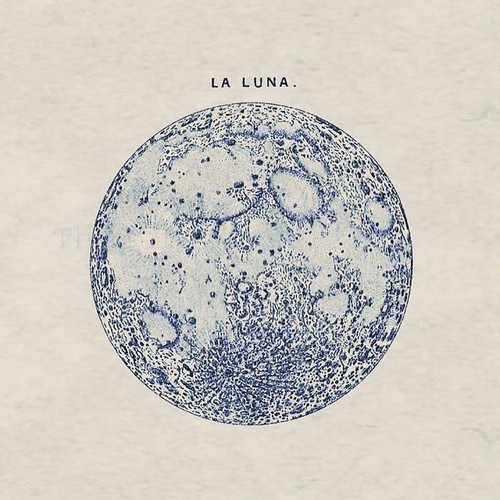

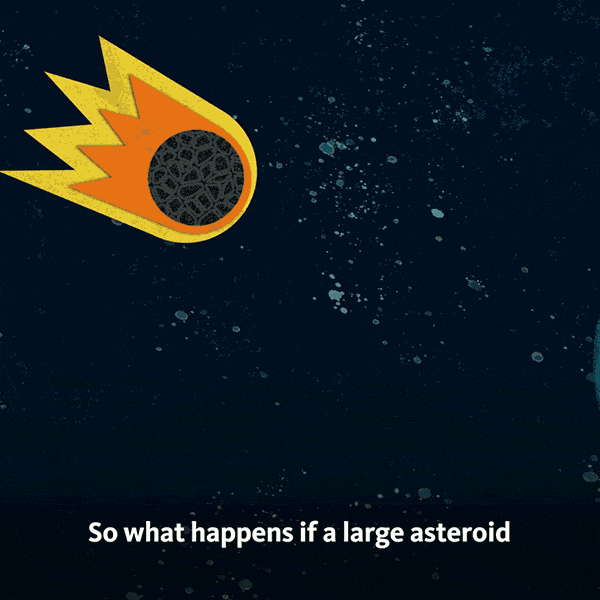
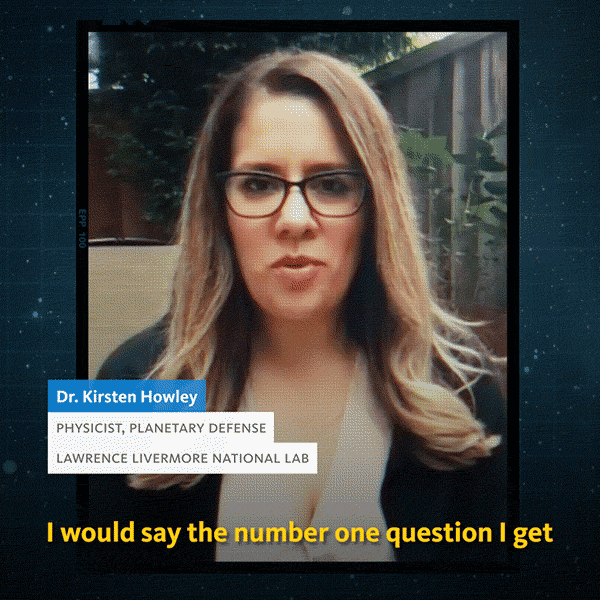

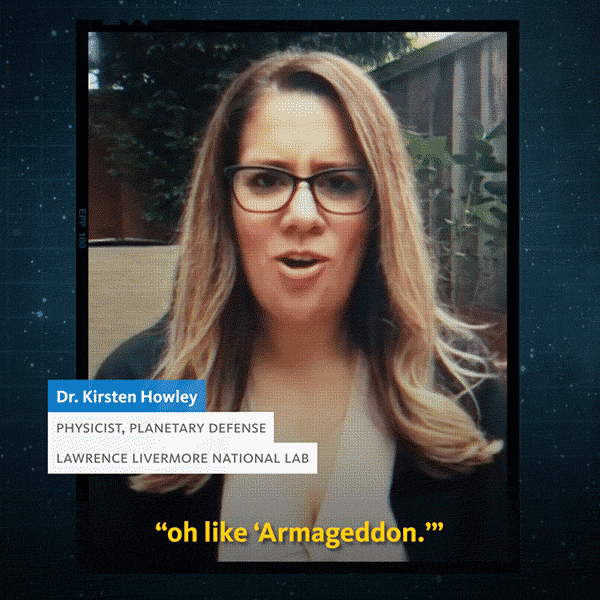

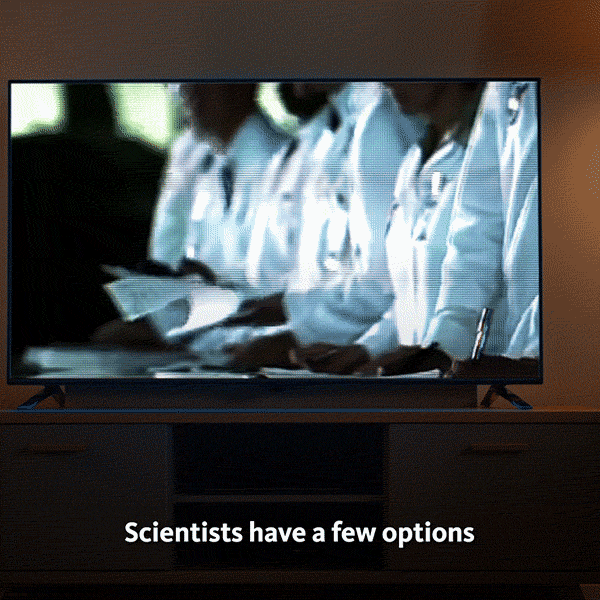
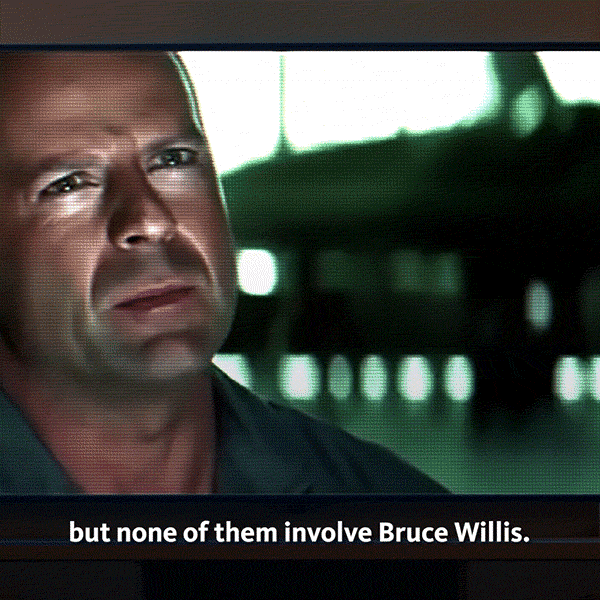
What Hollywood gets wrong (and right!) about protecting the Earth from asteroids
In the 1998 movie, “Armageddon,” an asteroid the width of Texas is about to hit Earth. The heroes who stop it in just the nick of time are a group of orange-suited Americans, all men.
Life isn’t always like the movies.
Not that an asteroid couldn’t slam into Earth, mind you. Asteroids — mostly tiny ones — pass by our planet virtually every second. But the people charged with stopping the big ones aren’t reaching for their spacesuits with mere hours to spare.
And spoiler alert: They also aren’t all men.
“I would say the number one question I get when I tell people what I work on, is ‘Oh, like ‘Armageddon?’’ And it’s nothing like ‘Armageddon,’” says Lawrence Livermore National Lab physicist Kirsten Howley, whose day job includes defending our planet from asteroids.
Howley doesn’t have an orange jumpsuit at hand, but her job is serious business. She and her team of planetary defenders specialize in how we might deflect an asteroid that poses a threat to Earth.
Read more






my favourite greetings to the universe from the Voyager spacecraft 💌
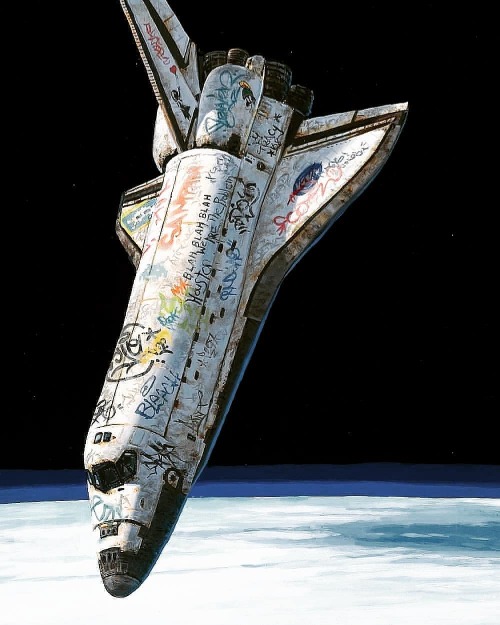
by thedeepourspace


Draw an iceberg and see how it will float > here

comme the stars perfume

Which AI-generated personality quiz are you?
What would you do with more memory? Clearly, play more complex games. One difference between OpenAI’s new text generator (known as GPT-3) and the other neural networks I’ve used in the past is that it now looks at much more text when deciding what to write next. Enough text (2048 “tokens” or approximately 1000 words) that I was able to give it examples of two five-question personality tests, and ask it to predict what the content of the third personality test would be. I have presented them here, in clickable format.
Remember, the AI is based on math, so it must be correct.
Which artificial intelligence are you?

I produced these tests by giving the AI two example quizzes, then the topic of the next one.
Which chapter of the AI Weirdness book You Look Like a Thing and I Love You are you?

Some of my favorite quiz topics are ones the AI generated itself. I would not have thought of these:
Which legendary glowing cat are you?

Which ant-person are you?

Which alien animal are you?

If you’d like to read its quiz entitled “Which metal diplodocus are you?” (neural net’s title, not mine) you can enter your email here, and I’ll send it to you.
My book on AI is available wherever books are sold:
Amazon - Barnes & Noble - Indiebound - Tattered Cover - Powell’s - Boulder Bookstore
Octopus filmed changing colours while sleeping.






my favourite greetings to the universe from the Voyager spacecraft 💌

Every few months, someone with more money and fame than knowledge spouts off a Grand Plan to leave Earth for somewhere else to escape our problems. And everyone who has dealt with the complexity of dynamic systems heaves an enormous sigh.
We can’t even create a stable sealed biome on Earth, where we’re operating within the geomagnetic field at standard temperature & pressure.
It’s the simplest version of a faked environment, yet we repeatedly fail. We don’t even bother pretending the space station is independent.
How exactly do we expect to successfully terraform another world to be Earthling-friendly when we’ve made our planet less hospitable?
We didn’t maintain Earth’s climate & we’re failing to correct back despite it getting noticeably less pleasant. We’re un-terraforming Terra.
If your dream is humans scattered across the planets & that’s what inspires you: Cool. Great. Love it, and you can push that dream forward with sustainability on Earth. Space requires intense reduce/reuse/recycle & green tech. Help us pass on Easy Mode so we can up the challenge.
In space, yesterday’s coffee is tomorrow’s coffee. If we don’t have that level of sustainability, we don’t have a shot of moving beyond Easy Mode.
Yes, the planet will survive our shenanigans. But people are substantially less hardy than rocks. Our survival depends on what we do. We can be smarter than algae, or we can follow the path of stromatolites. It’s our choice.
And this idolization of recreating company towns, but in space, where the boss controls the air supply? That’s a low-hanging fruit of dystopia. We don’t even need to look at labour history to recognize what a bad idea that is.
Source: https://twitter.com/mikamckinnon/status/1218716524795568128

Slime mold was grown on an agar gel plate shaped like America and food sources were placed where America’s large cities are.
The result? A possible look at how to best build public transportation.
I just really like the idea of slime mold on a map of the US. It’s beautiful.
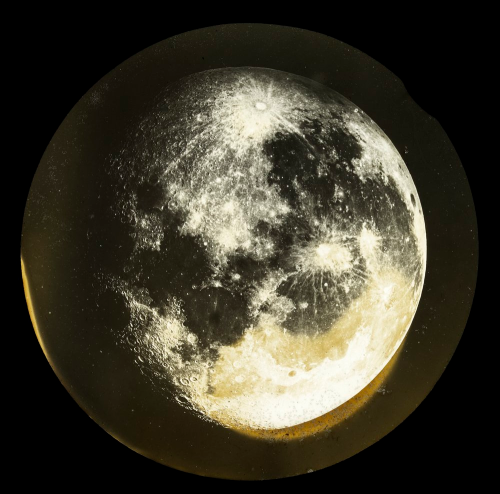
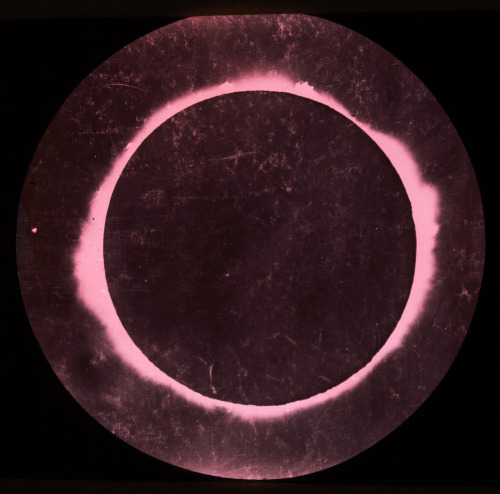
Top: The moon seen through a telescope ca. 1920-ca. 1925
Bottom: Lunar view 1900-1930
cool…
